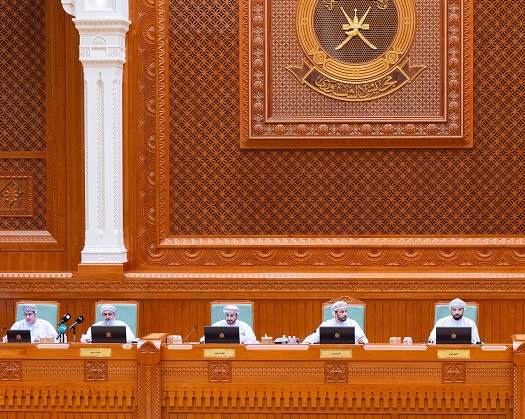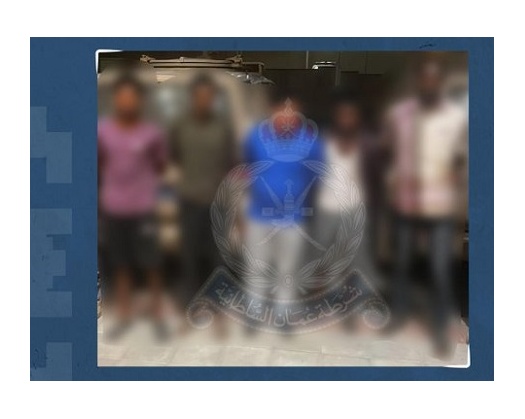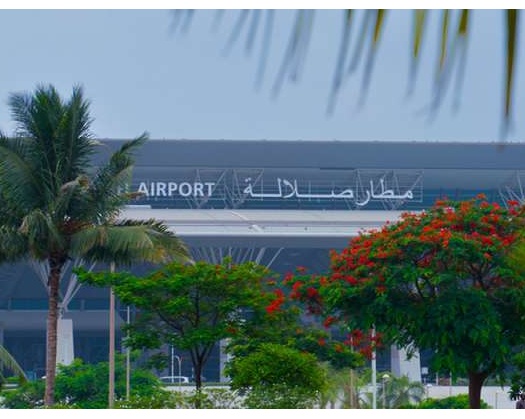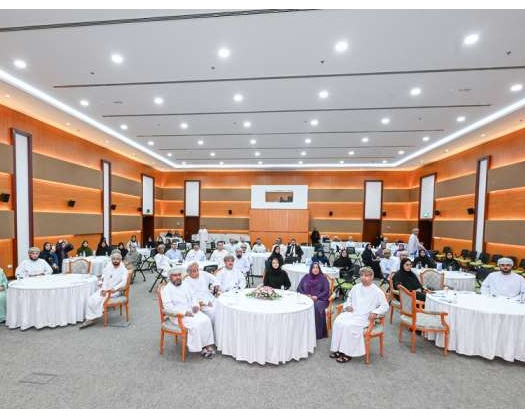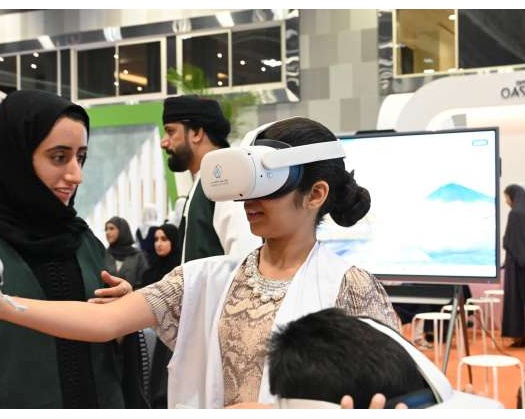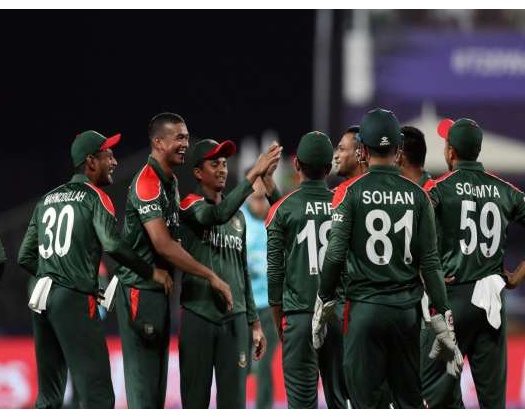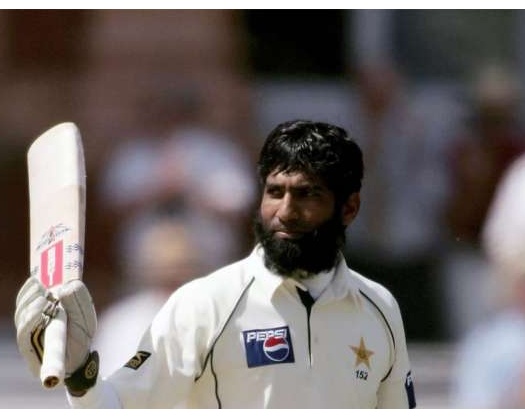Muscat: The Shura Council convened its twelfth regular session for the second annual sitting (2024-2025) of the Tenth Term (2023-2027) on Tuesday, chaired by Tahir Mabkhout AlJunaibi, Deputy Chairman of the Shura Council, and attended by their Excellencies Shura members.
During the meeting, the Council finished its discussions on the proposed revisions to the Cultural Heritage Law and the Cybercrime Law, forwarding both to the State Council to complete their legislative procedures.
At the beginning of the meeting, AlJunaibi stated the Council's support for the brotherly people of Qatar, denouncing any infringements on the sovereignty of Gulf Cooperation Council (GCC) nations.
He reaffirmed Oman's unflagging commitment to promoting peace and respect for international law, urging wisdom and self-restraint from all parties engaged in regional conflicts in order to maintain peace and stability in the region and beyond.
Cultural Heritage Law Amendments
Abdullah Hamad AlHarthy, Chairman of the Media, Tourism, and Culture Committee, presented the Committee's report on the suggested revisions to the Cultural Heritage Law.
He emphasized the need of maintaining Omani national identity and cultural legacy, stating that the modifications are intended to improve the protection and management of archaeological and historical sites in accordance with international standards, particularly those set out by UNESCO and other global heritage organizations.
The proposed revisions include stricter punishments for offenses such as vandalism of heritage sites and unlawful trafficking of relics, as well as new methods for managing, maintaining, and protecting cultural property.
They also promoted private sector engagement through carefully planned investment initiatives that harmonize heritage preservation with economic development.
Dr. Talal Said AlMahabai, Deputy Chairman of the Legal Committee, offered legal comments on the amendments' compatibility with current legislation.
Council members participated in an in-depth discussion, highlighting the importance of revised legislation that reflects recent advances in cultural preservation.
Cybercrime Law Amendments
The session also considered the Legislative and Legal Committee's recommendation on the proposed Cybercrime Law, which was presented by Dr. Ahmed Said AlSaadi, committee head.
The legislation aims to tackle the rising challenges and complexities of cybercrime in light of Oman’s widespread adoption of digital technology. The legislation contains provisions prohibiting financial fraud, data breaches, hacking, cyber sabotage, and online hate speech, among other things.
The revised draft widens the scope of criminalization, raises sanctions, and balances the protection of public order and cybersecurity with individual rights and freedoms.
Members commended the legislation for enhancing Oman's digital security framework and stressed the necessity of strong public awareness to prevent such crimes.
Bilateral Air Services Agreement with the Netherlands
The Council endorsed the Public Services and Utilities Committee's report on the proposed air services agreement between Oman and the Netherlands for the territory of Curaçao.
The agreement seeks to strengthen collaboration in civil aviation, simplify passenger and cargo transport, and expand investment possibilities in aviation-related industries, solidifying Oman's status as a regional and global logistics hub.
Committee Reports on Telecommunications Quality
The Council approved the Public Services and Utilities Committee's proposal on enhancing telecommunications services.
The presentation, given by Dr. Hamoud Ahmed AlYahyai, emphasized the value of infrastructure investment, bridging the digital gap in rural areas, and fair service pricing.
Investment in private healthcare
A report from the Health and Social Committee, presented by
Mansour Zaher AlHajri highlighted the importance of attracting local and foreign investments in private healthcare through regulatory incentives. Members emphasized the need of ensuring equitable service distribution and balancing public-private healthcare priorities.
Research, Innovation, and Economic Impact
The Education, Research, and Innovation Committee's report, presented by Dr. Mohammed Nasser AlMahrouqi, emphasized turning scientific research into viable economic ventures.
The recommendations included strengthening university-industry interactions and fostering entrepreneurship to promote national economic diversification.
Digital economy
The Council endorsed the Digital Economy Taskforce's report, which was presented by Abdullah Zaher AlHinai.
It proposed a national digital economy governance charter, legal frameworks for startups, and investment in advanced technologies such as semiconductors.
Other proposals included establishing a sovereign register of digital assets, ecommerce legislation, and regional digital business ecosystems.
The Social Protection Taskforce, led by Dr. Hamoud Mohammed AlYahyai, identified significant issues with the current system, including funding constraints and benefit distribution.
The recommendations included accelerating the establishment of a social benefit entitlements committee, revising benefit values based on economic indicators, creating a national income database aligned with household spending and inflation data, ensuring ongoing support for low-income groups (including school-related allowances), and transferring administrative responsibilities from various ministries to the Social Protection Fund.
Wage Protection System
The Youth and Human Resources Committee report, presented by Younis Ali AlMandhari, prioritizes stable and timely wage payment in the private sector.
The report focused on regulatory gaps and enforcement challenges.
They also suggested legal reforms, educational initiatives, and technical support to ensure transparency and fairness in labor practices.
On Wednesday, the Council will hold its thirteenth regular session to examine the Ministry of Commerce, Industry, and Investment Promotion's statement.

